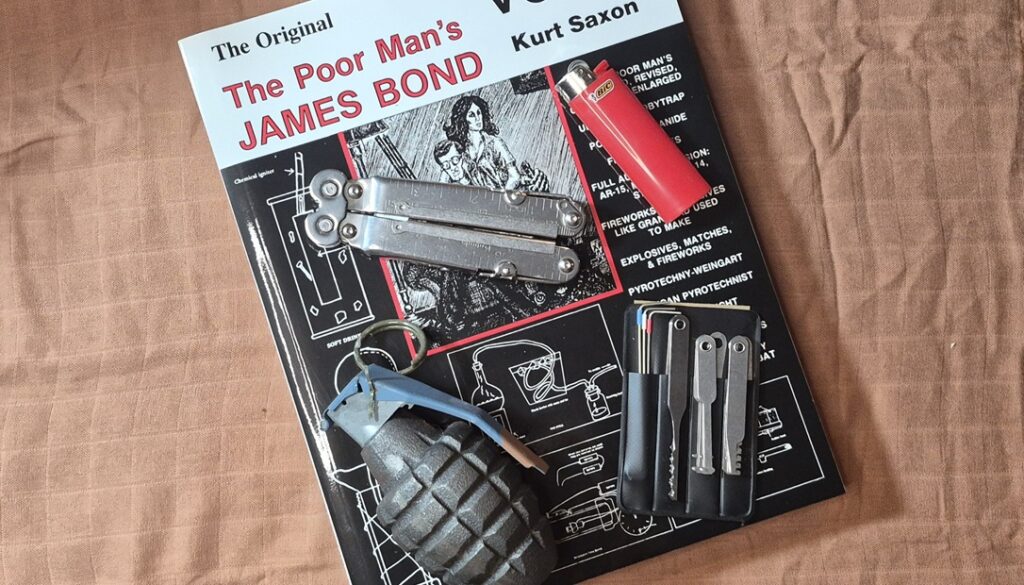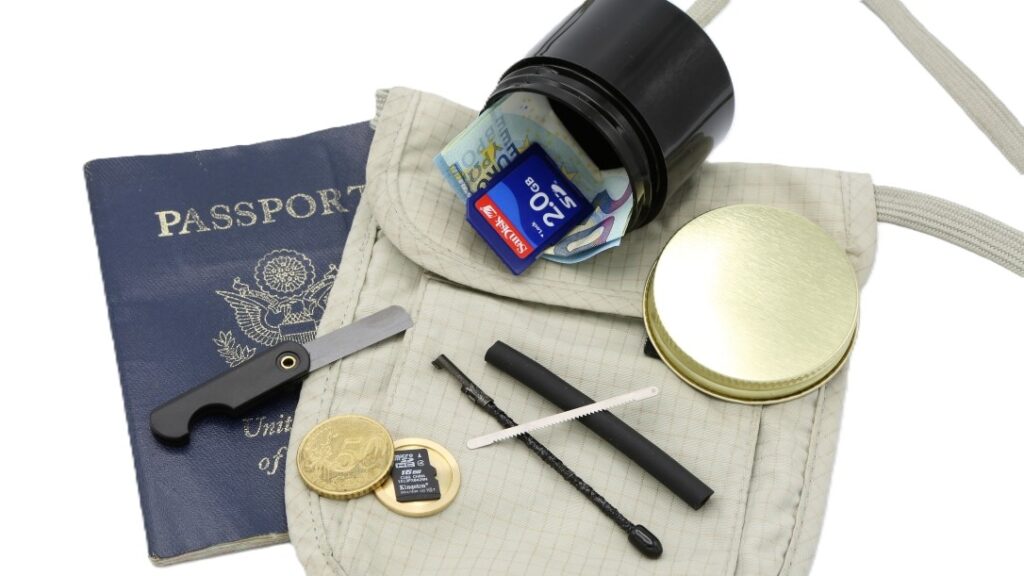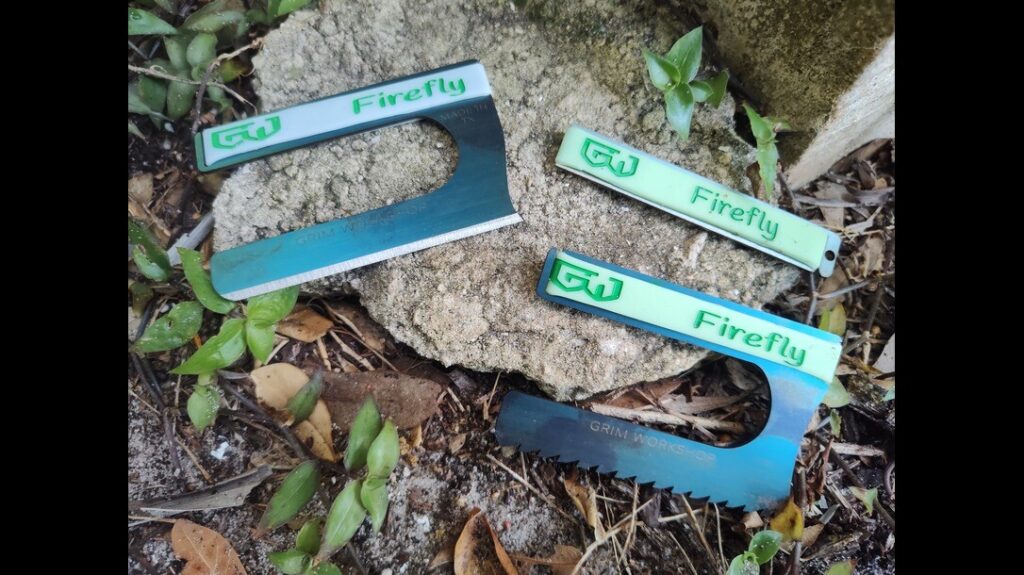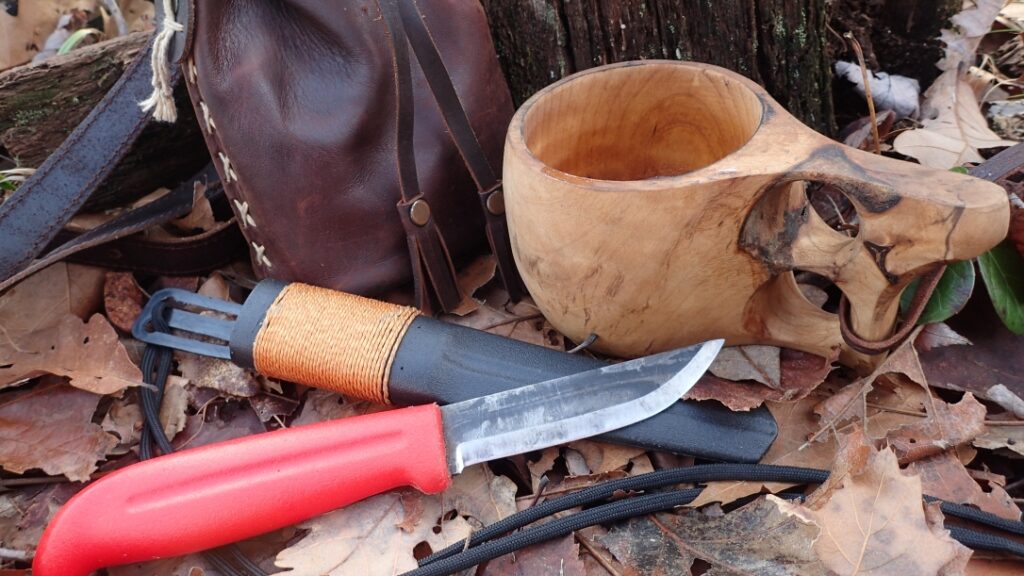Across the country the right to carry firearms for defense on campus is being restored to otherwise legally armed students. This environment creates its own set of considerations for how to bear and conceal a firearm: tight hallways, small desks, need for other school specific equipment, sudden surges in local foot traffic, a broad range of climates (in and out of doors, throughout multiple seasons), and frequent short range travel. Balancing the needs of access and concealment, especially given the density of people frequently in these locales who frown upon firearm ownership in general, let alone one carried daily in public, requires careful contemplation. In his article from Loadoutroom.com, Rick Dembroski shares insights on these concerns.
Have you thought about Campus Carry options? Unfortunately in our day and age shootings at public venues like shopping malls, markets and schools are becoming all too common. In this time of steady unrest and the possibility of violence some colleges and school districts are allowing their staff to take steps to legally arm themselves while on campus. This rise in conceal carry weapons permit holders in particular has actually brought up a very important topic of conversation. What is the best way to CCW and blend in at a school or college campus and not stand out like a sore thumb? That was the inspiration for this article that we have aptly named The Arms Guides recommendation for the “Perfect Campus Carry Set Up”
Advertisement — Continue Reading Below
There are some out there that will say just use an inside the waist band holster or open carry and be done with it. In some climates and especially office or corporate cultures this isn’t exactly easy. When making this article we tried to use a broad-based approach that would work well in warm climates like on the beach while wearing shorts and no jacket, and in the office or campus setting where the culture might be more conservative or reserved. We put together this simple set up that in composed of four components that we feel will provide the user the most flexibility, while still offering first-rate protection from attackers.
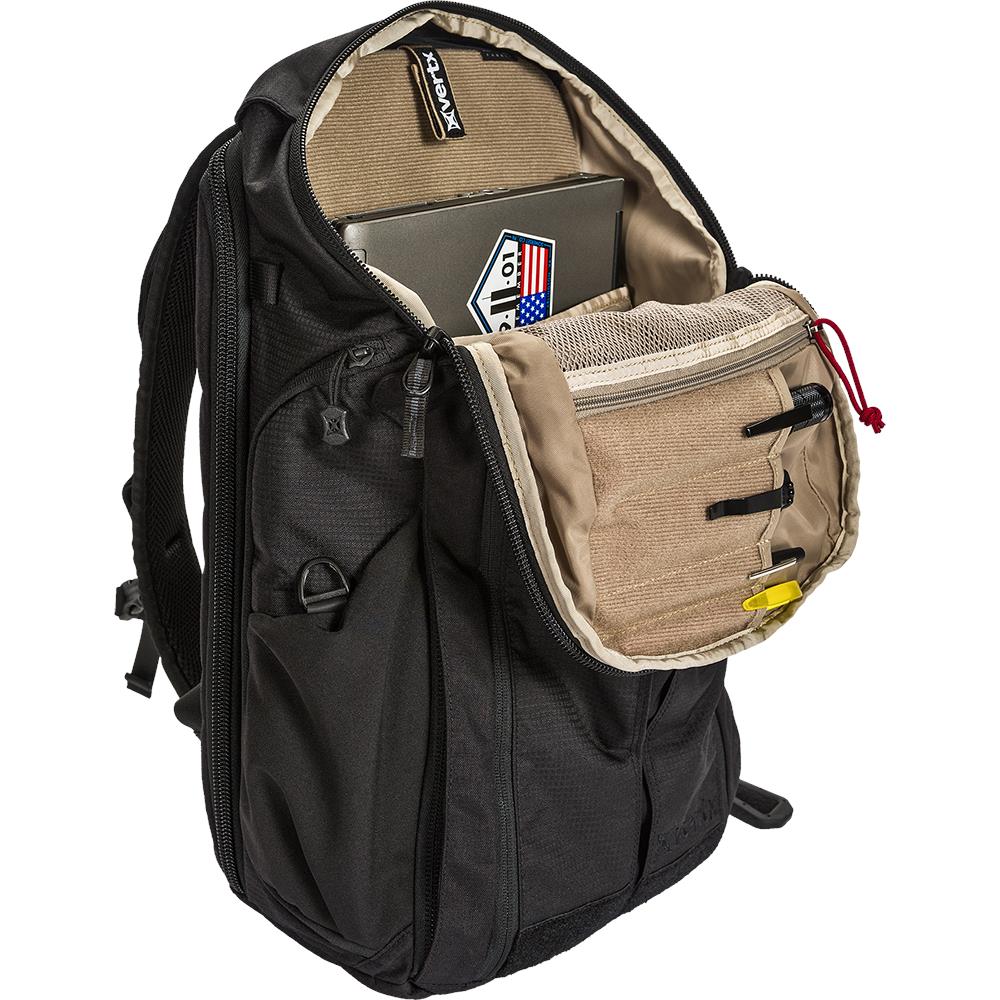
Component One: Vertx Gamut or Gamut Plus Backpack
Advertisement — Continue Reading Below
We chose to list two backpacks here because they are similar in many regards with the exception of the Gamut Plus being slighter larger at 35 liters than the regular Gamut model which is listed at 28 liters capacity. The backpacks don’t scream out “tacticool” and are not covered in webbing and don’t come in the normal Coyote Tan, Olive Drab or some other color that doesn’t blend in with most of society. The Vertx bags come in muted colors that at first glance looks like any other normal plain backpack, they are designed to blend not stand out in the crowd. At first glance they appear to look like 99% of other backpacks that are on campus or in a corporate setting , but with a little bit of a twist in the form of a secret, that only the wearer will know about.
The Gamut line of backpacks features a full length concealed compartment that is designed to be used in conjunction with the Vertx Tactigami holsters and accessories to allow the user to discreetly carry a handgun, holster and spare magazine while not changing the capacity of the backpack or causing the gun to change the profile of the pack. I have been using this pack for over a month and have taken it on several cross-country trips and so far the pack is amazing. Aside from the secret squirrel firearms compartment the backpack features all of the normal backpack features such as a sternum strap, waist belt, and a wide array of both internal and external pouches that are all secured with a heavy-duty zipper.
The pack also features an internal pouch that comfortably holds my 15” Apple MacBook Pro. The pouch runs the full length of the pack and features a soft tight woven cloth material that helps reduce scratching the surface of anything placed in it. The attributes of the pouch are nice but the fact it’s there in the first place is nice because it not only holds a lap top secure with no scratching or abrasive surfaces but allows a spot to hold our next component in the Perfect Campus Carry Set Up.
Advertisement — Continue Reading Below
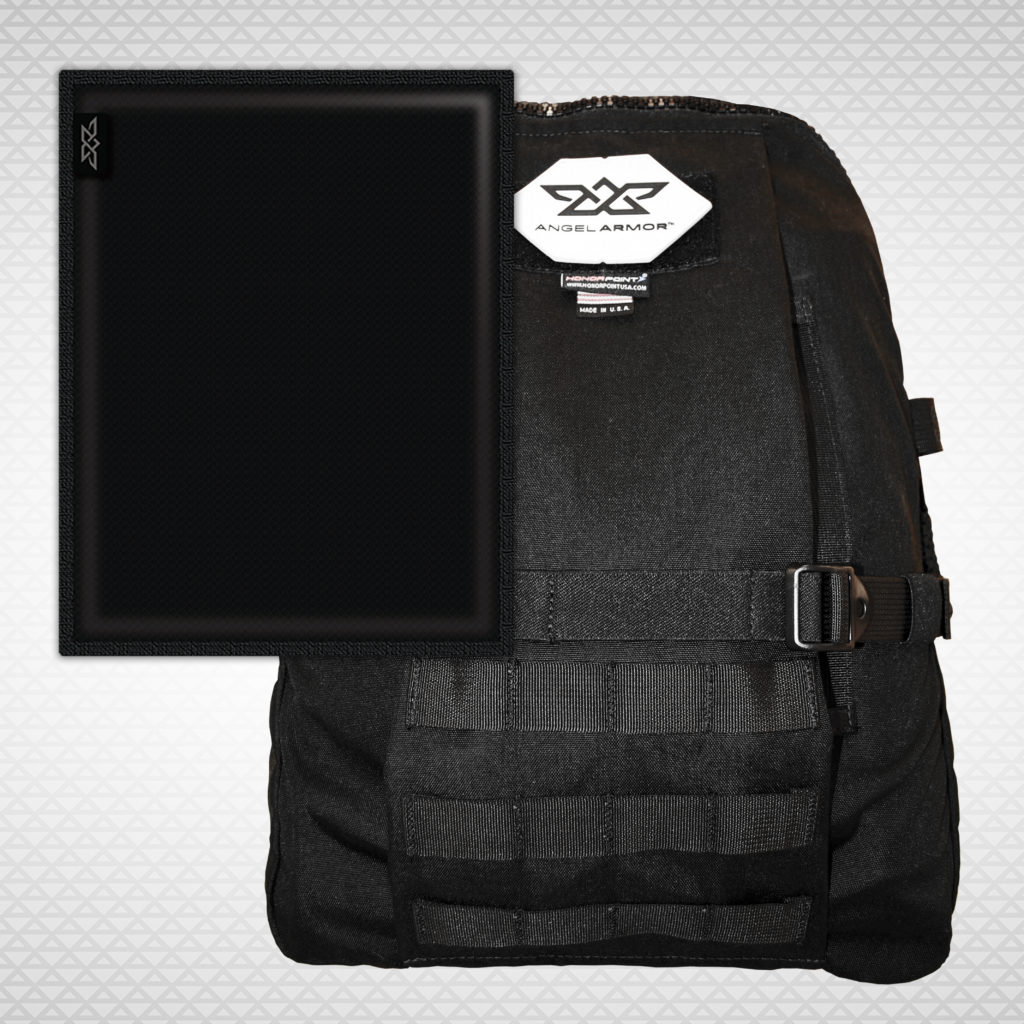
Notice the size of the plate in relation to the average backpack
Component Two: Ally One by Angel Armor
In a combat environment heavy ballistic plate is part of the normal load out, but in an office or school campus setting it is ridiculous to think that it’s a viable option. Enter the Ally One special purpose armor plate by Angel Armor. The Ally One is 0.23” thick and weights 0.85 lbs. The 9”x12” plate is rated to Level IIIA for threat protection and has been proven to stop a wide range of 9mm, .40 S&W, .45 ACP and even .44 Magnum handgun rounds. It designed to be inserted in backpacks, briefcases and laptop bags. The plate is waterproof and rated for multiple strikes of the listed handgun calibers.
Advertisement — Continue Reading Below
Some people might think this is just being paranoid but when you realistically analyze the risk vs reward factor it begins to makes more sense. A 9” x 12” piece of Level IIIA armor is slightly larger than the size of a sheet of paper, so if you think use that as a simple reference you can get a better idea on how much of your chest and lung cavity the Ally One can protect. Now on a full size adult it’s one thing but when that piece of Ally One is placed over a child or a smaller adult it begins to cover more surface area. Insert the piece of Ally One and you turn your backpack, laptop bag or briefcase into a short-term Captain America shield. It will defiantly improve you chances at being able to survive in the event that handguns rounds do strike you in an event. The goal of the Alley One is to be able to survive and break contact and get you or your loved ones to cover and safety. We will be doing a full review of the Ally One in the near future, where we put some very hot .357 and .44 magnum bear loads into it in order to really stress the panel out. Angel Armor has sent the site some research and development videos and I have no doubt the Ally One will be able to withstand anything I can throw at it.
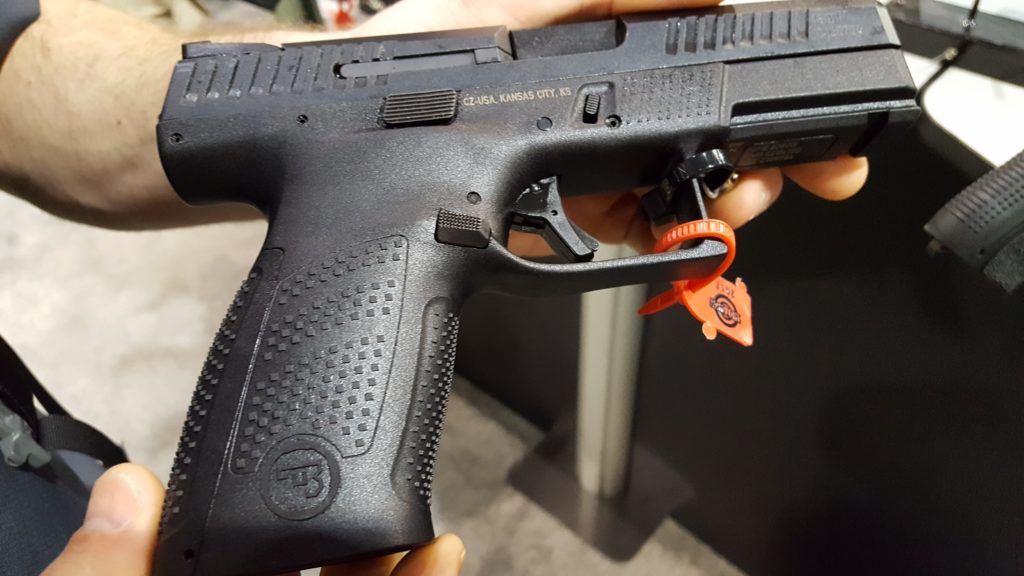
Component Three: CZ P-10C Striker Fired Handgun
Advertisement — Continue Reading Below
The CZ-P10C is a no brainer for my campus carry set up, the newest pistol from CZ also happens to be the company’s first striker fired pistol. The size, weight and capacity of the P-10C makes it a serious contender to take a bite out of the market share that has been ruled by Glock for decades. The trigger alone on the pistol is enough to make me forget about a Glock 19 or my Smith & Wesson M&P. I have been fortunate enough to be in the middle of a test and evaluation period with a CZ-P10C so I have had a chance to exercise the pistol a bit. To date I have run just over 700 rounds of 115 full metal jacket through the gun with zero issues. This next session I plan on feeding it a steady diet of a several popular brands of hollow point ammunition.
We have posted a recent First Look article about the CZ P-10C and have linked it and the other products in the Perfect Campus Carry Set Up article at the bottom for easy reference. The 4.5 lb trigger with short reset is the centerpiece of the CZ-P10C and its a feature that I can go on about for days. Most striker fired triggers have much to be desired in terms of feel and length of pull. I’m not sure what the staff at CZ did to make this trigger and pistol feel so good and operate so reliably but they are to be congratulated for making such a great product. The pistol does come standard with two magazines that contain what is now a standard 15 rounds of ammunition. In the campus carry set up we are assuming that you will only need two magazines, the one in the gun and possibly a back up magazine. The goal of the Perfect Campus Carry Set Up is to break contact and protection of yourself and possibly people around you it’s not to assault through an objective.
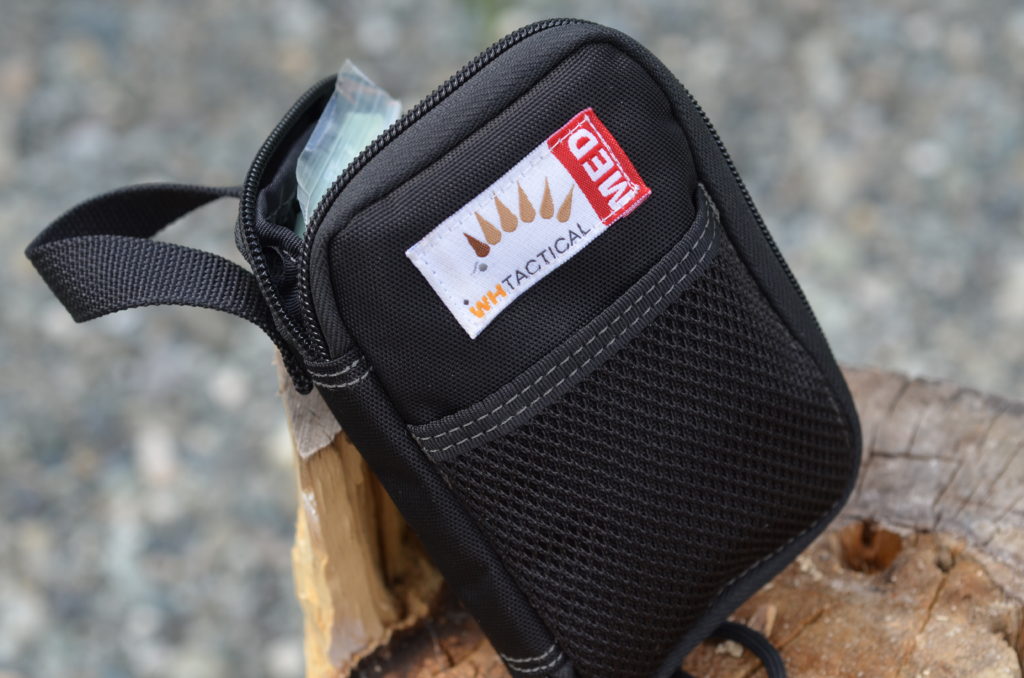
Wildhedgehog Tactical EDC kit. Worth its weight in gold
Advertisement — Continue Reading Below
Component Four: First Aid Kit
When we say first aid kit we are not talking about a Combat Life Saver Kit, or a full Emergency Medical Technician Kit. We are talking about something small like the Wild Hedgehog Tactical EDC Pocket Trauma Kit or one of their Get Home Alive Kits. These kits are designed by professionals to be small, lightweight and not contain material or gear that won’t be needed. We here at the website suggest you shop around and find the kit that matches your skill and comfort level. I would suggest though that any kit you purchase have the basics of band aids, medical tape, a tourniquet and some sort of trauma wound dressing. You never know when you might have to help respond to emergency situations that don’t involve an active shooter or violent situation.
I know the list above may sound like you are prepping for some long over night excursion instead of a trip to work or to class. It’s really not a lot of weight or gear when you stop to think about it in terms of risk versus enhanced safety of yourself and those around you. The Ally One is lightweight and small first aid kits like the ones we listed above will take up minimal space and add greatly to your survivability in the case of chaos or emergencies. Most importantly PRACTICE, you can have all the gear in the world and if you don’t know how to use it, it is just dead weight.
Advertisement — Continue Reading Below
Links to Gear Featured:
Vertx Gamut Backpack 28 Liter Capacity
Vertx Gamut Plus 35 Liter Capacity
Advertisement — Continue Reading Below
Source Article from http://feedproxy.google.com/~r/TheArmsGuide/~3/kgsTRxjLdoE/

